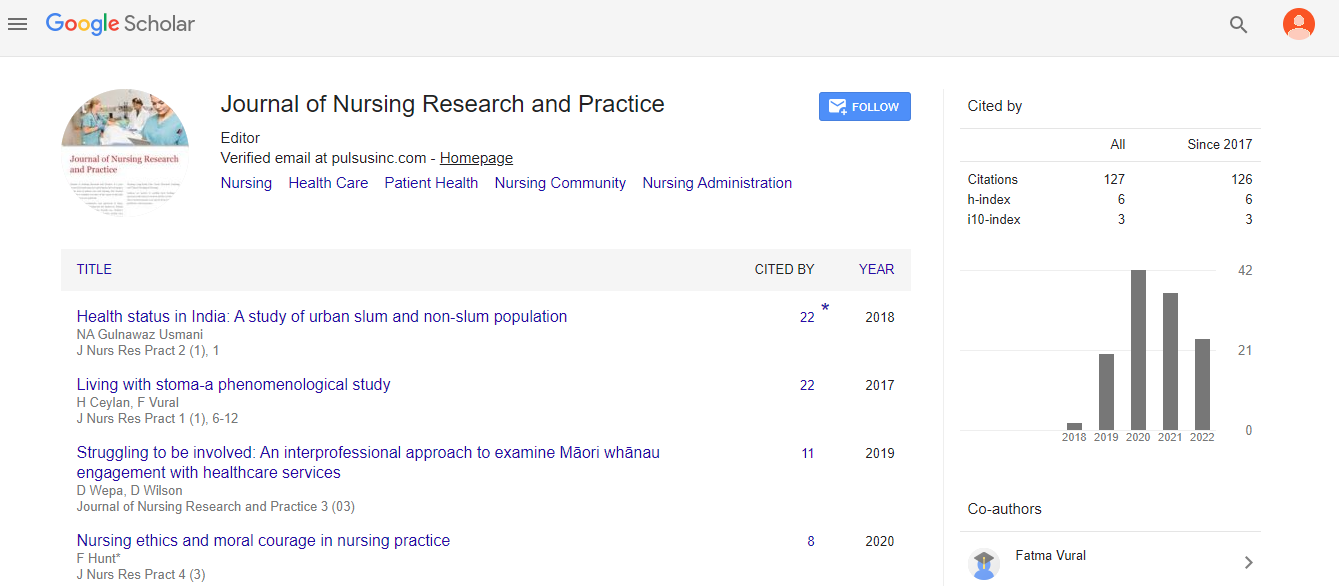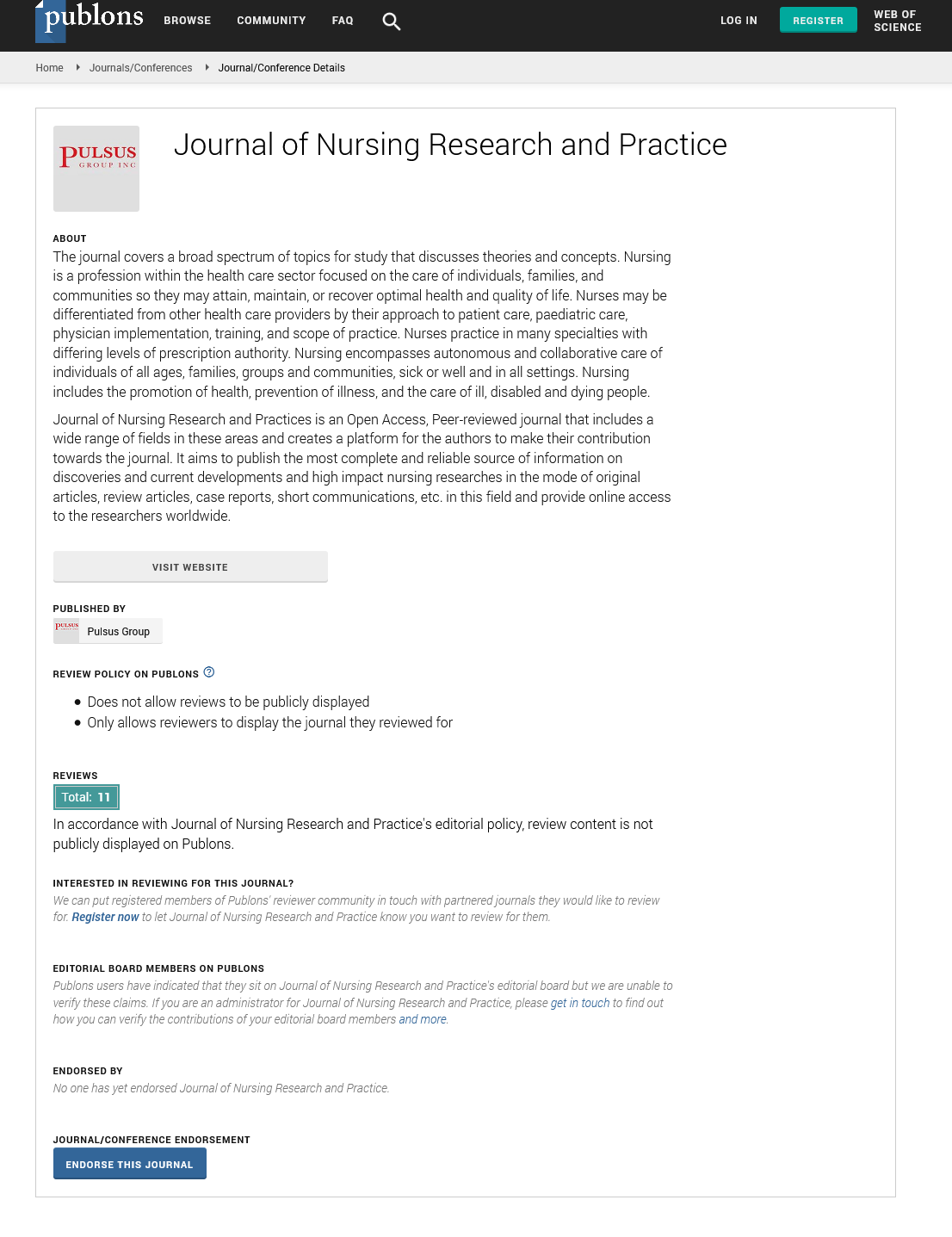
Sign up for email alert when new content gets added: Sign up
Model to reduce the effects of unsafe interactions between family members in the digital era
8th International Conference on EURO NURSING & HEALTHCARE
May 04-05, 2023 | Zurich, Switzerland
Sofica Bistriceanu
Academic Medical Unit, Romania
Posters & Accepted Abstracts: J Nurs Res Prac
Abstract :
Background: people’s collaboration generates various feelings in individuals, influencing their actions and well-being; respectable and noblest collaboration between them increases their health, and poor, terrible communication declines welfare. Aim: highlight the severe effects of unsafe communication between family members for individuals and how to downplay them in the digital era. Material& Method: qualitative study performed by the author in the community, from 2008 to 2023, relating to the people interaction’s effects on their health and how to balance the worst ones. Findings: in a large family, the family physician noticed the repetition of stressful interactions between its members; soon after that, some adult individuals presented depression, headache, even vertigo, and transitory arterial hypertension noticed. Repetitive unsuitable communications lead from transitory to permanent arterial hypertension. The patient’s family medical history includes parents, sisters with arterial hypertension, and brothers with type 2 diabetes. The patient’s medical history: one patient with dyslipidaemia, 2012. Actions were taken: the family doctor managed the situation using drugs and behaviour-change information. She informed the individuals about improper communication’s negative influence on people’s health and how to mitigate the effects on the individual in the digital era. The doctor started an educational program in the community. Results: drug treatment, stopping stressful people interactions, and calming and comforting activities, including using IT devices, improved clinical outcomes. Conclusion: repeated distressing people interactions initiate, maintain and accelerate the evolution of arterial hypertension. This disorder’s management must include IT advancement for the individual benefit. Implication: various words’ energy and attitudes activate the nervous system working. Usually, middle-aged people and senior adults are more vulnerable in front of upsetting, disturbing communication. The disproportionate and damaging energy of peoples unsafe communication produces arterial hypertension in vulnerable individuals. Interruption of unpleasant collaboration where and when necessary, suitable drugs and the use of IT devices for relaxing and lowering its annoying effects on people’s health are required. A polite communication style is mandatory; educational programs are essential. Recent publications 1. Sofica Bistriceanu; The Effects of Improper Communication on the Brain, Heart, and Blood Vessels. 15.03.2023 2. Sofica Bistriceanu; Unskilled delivery of bad news leads to brain haemorrhage in vulnerable people. 05.12.2022
Biography :
Sofica Bistriceanu studied in Romania at the ‘Gr. T. Popa’ Iasi University, and graduated as MD in 1984, research in family medicine, Maastricht University, 2000, Ph.D. in 2009, Iasi, at the same institution. She joined the European, American, Asian Primary Care Research Group, American Academy on Communication in Healthcare, APTR, IHI, NICHQ, EPCCS, EURACT, WONCA Meetings. She is a member of Academy for Professionalism in Health Care. Dr Sofica Bistriceanu is the author of more than 70 research studies shared abroad and received awards for some of them. She is a member of The Journal of Patient Experience (JPX) Editorial Review Board. She is the representative of the Academic Medical Unit located in NT, ROU. She is the author of seven volumes of poems published by Chronica Iasi Publishing House, and Time, Iasi Publishing House.





